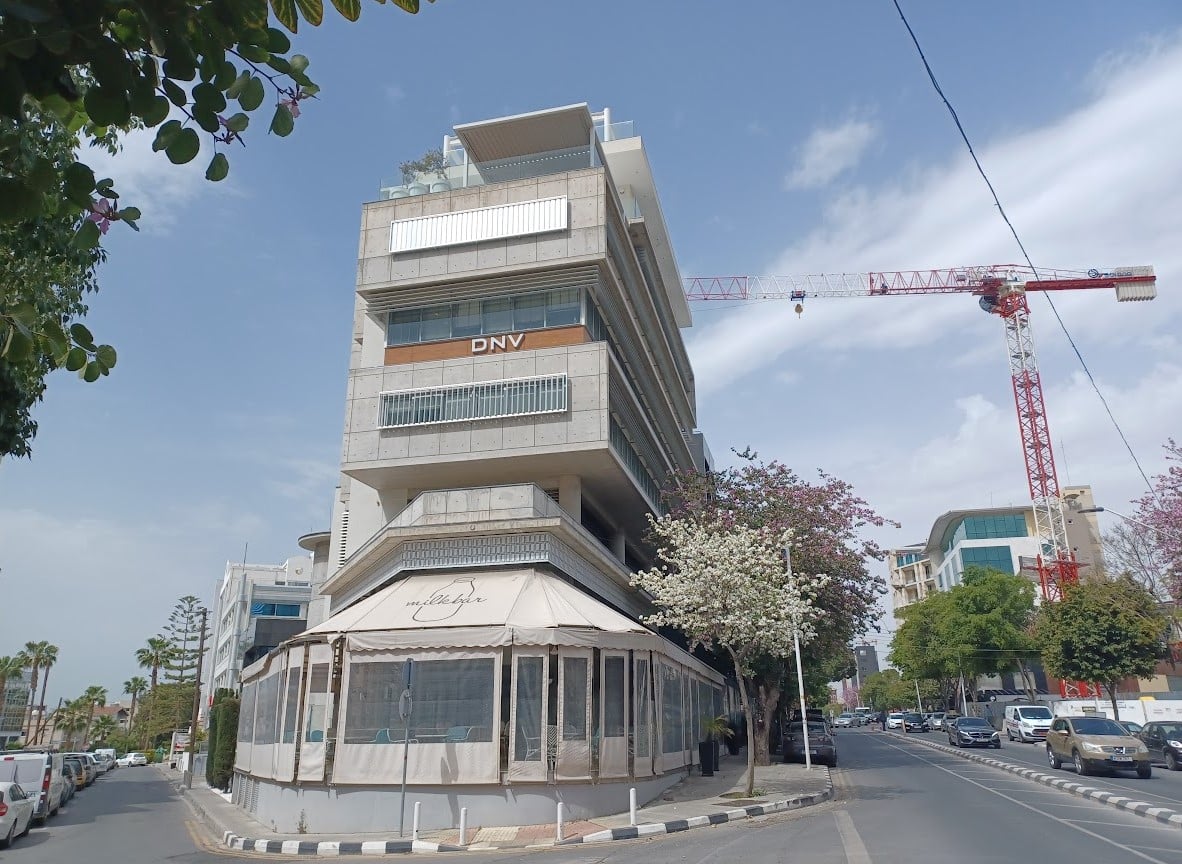In addition, he also said that the district can attract higher-income tourists who are likely to spend more during their stay, supporting the district’s wider tourism economy.
Speaking to the Cyprus News Agency (CNA), Michaelides underlined the need for a more targeted promotion campaign for Paphos aimed at attracting travellers with greater disposable income.
He also emphasised the importance of diversifying the district’s source markets to reduce its heavy reliance on the United Kingdom and Israel.
“We must increase the origin of tourists from more markets so as to reduce the dependence on only two markets,” he said.
“The unit’s creation confirms Cyprus’ commitment to adhering to the highest international and European standards on the implementation of sanctions. With the new unit, we strengthen our ability to prevent illegal practices and protect our financial system,” he said.
As such, he thanked both the European Union and the Council of Europe, as well as the British government and the United Kingdom’s high commissioner in Nicosia Michael Tatham for “their support, through training and technical assistance and education” towards the unit’s creation.
Meanwhile, the finance ministry issued a statement of its own, offering its own thanks to the House finance committee for its “constructive cooperation and its significant contribution to the timely and successful completion of the legislative process”.
A total of 572 building permits were authorised in March 2025, down from 583 in March 2024.
The total value of these permits reached €361.5 million, while the total authorised construction area amounted to 296,900 square metres.
The report showed that these building permits provide for the construction of 1,480 dwelling units.
Looking at the first quarter of 2025, the period from January to March saw 1,580 building permits issued.
This represents a decrease of 15.8 per cent compared to 1,876 permits issued in the corresponding period of the previous year.
The event, organised by Invest Cyprus under the auspices of president Nikos Christodoulides, reaffirmed Cyprus’ position as a regional hub for international business and recognised distinguished foreign investors who continue to place their trust in the country.
Moreover, the awards shine a spotlight on international companies and individuals whose strategic investments have contributed significantly to the development of the Cypriot economy and its long-term potential.
This year’s honourees come from a wide range of sectors, technology, gaming, telecoms, real estate, banking, and retail, demonstrating the growing depth and diversity of Cyprus’ economic footprint.
Based on its latest update, released on Friday, the service reported that employment in the civil service remained stable over the year.
The educational service experienced an increase in employment of 4.2 per cent, while the security forces saw a decrease of 0.3 per cent.
The most notable rise was recorded among employees with contracts of definite duration, which increased by 9.4 per cent compared to June 2024.
The update concerns an opinion published by the EBA on June 10, 2025, addressing the regulatory treatment of electronic money tokens (EMTs) under both the MiCA Regulation and the existing PSD2 Directive. The EBA issued its opinion in response to a request from the European Commission in December 2024.
The commission had asked the EBA to provide both short-term and long-term recommendations on how to address the dual nature of EMTs as crypto-assets under Regulation (EU) 2023/1114 (MiCA) and as electronic money under Directive (EU) 2015/2366 (PSD2).
In the long term, the EBA advised the European Commission, the council, and the European parliament to amend the MiCA Regulation to include payment-related obligations for EMTs. These would cover consumer protection, security of payments, and capital requirements.
This placed the island just behind the Netherlands and Finland, which topped the list at 96 per cent each, according to Eurostat revealed this week. By contrast, Romania reported the lowest share at 44 per cent, followed by Bulgaria (55 per cent) and Slovakia (63 per cent).
The island also ranked among the EU’s top performers for reading news online, as 89 per cent of Cypriot internet users accessed news sites, newspapers or magazines.
Czechia recorded the highest share at 91 per cent, narrowly ahead of Finland (90 per cent), while Romania again sat at the bottom of the table with just 50 per cent. France (56 per cent) and Italy (62 per cent) also reported relatively low levels of online news readership.
According to the CBC, the highest one-year household deposit rate among Cypriot banks was offered by Eurobank Cyprus Ltd at 1.49 per cent, followed by Jordan Ahli Bank PLC at 1.38 per cent.
Central Cooperative Bank S.A., based outside Cyprus, recorded the highest rate overall at 1.70 per cent.
Alpha Bank Cyprus Ltd and Astrobank Public Co Ltd offered lower deposit rates of 0.98 per cent and 0.83 per cent respectively.
For housing loans with floating interest rates and an initial fixation period of up to one year, Cypriot banks continued to offer relatively high rates compared to the eurozone average.
Moreover, the average interest rate in Cyprus reached 3.74 per cent, slightly below the euro area average of 3.75 per cent.






Click here to change your cookie preferences